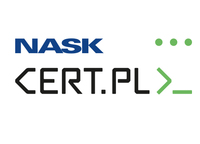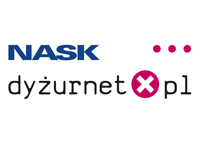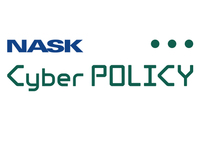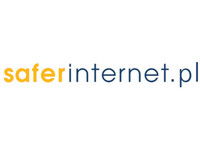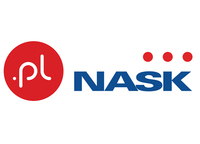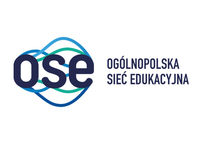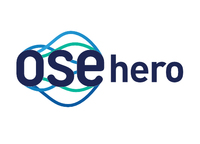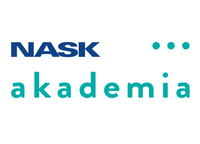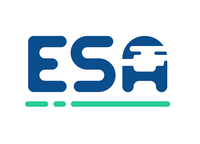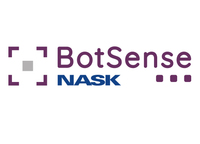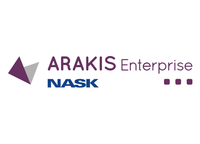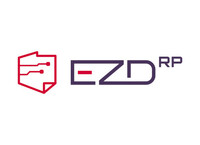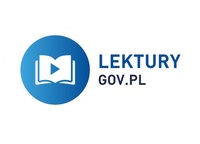- Project name: Universal module for controlling vehicles indoors
- Source of funding: Polish Agency for Enterprise Development
- Project goal: The goal of the project is to increase the competitiveness of the company Exell in 2018 via the introduction of a new product – an external control module for autonomous indoor vehicles, which will lead to a 20% increase in revenue in 2019. This goal will be achieved by developing an indoor location system utilising advanced digital and measuring technologies, which will then be introduced to the market. The project will bring benefits for its originator in the form of expansion and acquiring new users of a product which was not previously available on the market. The company's position on the Polish market will be strengthened thanks to the introduction of an innovative product to the B2B market. Rollout is planned for the 2nd quarter of 2019. The partnership with NASK is in line with the goal of our programme as it stimulates partnerships between science and business.
PROJECT DESCRIPTION:
The project consists in the development of a system utilising various complementary location methods, which will be able to be attached as an external module to a computer controlling indoor devices, in contexts requiring very high precision or in places inaccessible to humans.
The system will be based on advanced technologies and hybrid hardware – it will comprise various low and high-frequency electronic hardware, as well as algorithmic hybridity – various different algorithms and reasoning methods will be used simultaneously.
PROJECT RESULTS:
The project will result in the development of a system/module which controls vehicles indoors. The module will offer a variety of new features and functions. It will utilise various complementary location methods, which will be able to be attached as an external module to a computer which controls indoor devices, in contexts requiring very high precision or in places inaccessible to humans. The system will be based on advanced technologies and hybrid hardware – it will comprise various low and high-frequency electronic hardware, as well as hybrid algorithms – various different algorithms and reasoning methods will be used simultaneously.
The product will stand out for its innovative features:
- controlled device accuracy of up to several centimetres thanks to the use of multiple location techniques providing different results based on location data coming from various sources
- compatibility with DIY devices and vehicles thanks to a universal API
- applicability in devices and vehicles used in many different fields
The above features are what makes the new product innovative. An accurate indoor location system will also be developed. Its main feature will be the use of multiple complementary location methods for exceptionally precise results. Another innovative feature will be a universal API for controlling small vehicles. The use of multiple location techniques which provide different results will render it possible to calculate object locations with high accuracy and credibility. In order to increase reliability compared to currently available IPS's, calculations will be based on data provided by various location data sources, including radio signals (Wi-Fi, beacons, RFID, various frequencies, power, modulation and encoding), signals sent by sensors (infrared, accelerometers etc.) and cameras. The result will be a universal, modular controller for precise indoor location. The controller will feature a module for controlling small vehicles, which will serve as the starting point for partnerships with businesses interested in its commercial applications in autonomous indoor devices. An important feature of the system is its hybrid nature. This means that the device comprises various electronic high and low-frequency components, enabling the application of multiple complementary location methods in a single IPS. Its algorithmic hybridity refers to the simultaneous use of multiple location algorithms and reasoning methods, which render it possible to increase positioning accuracy compared to existing systems, while retaining flexibility, functionality and system affordability at the time of commercialisation (sales launch).
Currently available products have limited applications as they are designed with particular devices in mind and meet very specific industry and functional requirements. Our solution is a universal API for controlling small vehicles, usable in various industries. The flagship feature of the product will be the ability to control vehicles and navigate with an accuracy of up to several centimetres.
The main needs of its recipients, i.e. manufacturers of devices which use controllers, including agricultural equipment (substance dosing and application in agricultural buildings), industrial vacuum cleaners, devices for cleaning large surfaces, museum guides, geolocation equipment and next-generation smartphones, are as follows:
- highly precise and accurate device navigation – up to several centimetres
- compatibility with custom devices, which are often proprietary devices
- lowering operating costs
PROJECT PARTICIPANTS:
- Janusz Będkowski, PhD (Project Leader)
Professor Andrzej Masłowski, PhD - Jakub Ratajczak Msc
- Karol Majek Msc
- Michał Pełka Msc
NASK is a subcontractor for EXELL
